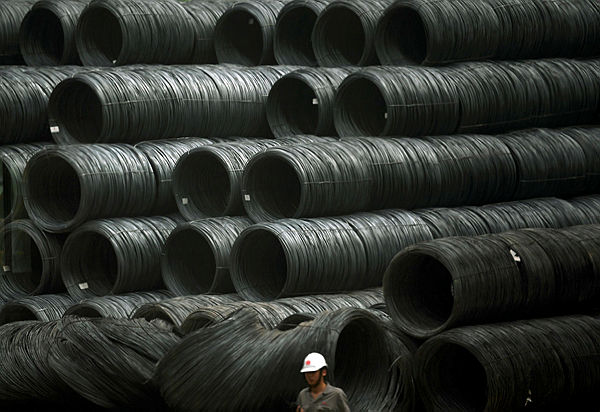PETALING JAYA: The Malaysian Iron and Steel Industry Federation (Misif) is calling the government to stop the continuous increase in electricity tariff imposed to industry players, citing the difficulties of the industry have hardly been taken into consideration seriously.
Misif said this in response to recent upward adjustment of the imbalance cost pass through (ICPT) announced by Energy Commission (EC) on Dec 14.
The current surcharge of 1.35 sen/kWhr will be increased to 2.55 sen/kWh for industrial users effective from March 1, 2019.
“Misif notes with grave concern of the perpetual increase in electricity tariff imposed to the iron and steel industry at a time when steel prices have dropped tremendously, both domestically and internationally,” it said in a statement.
“Being an energy intensive industry, electricity is an essential utility besides natural gas and represents the second highest production cost component after the raw material for the iron and steel industry,” it noted.
Hence, Misif said the producers are striving to manage these challenges while containing their costs to enable them to compete competitively with other regional producers.
Since 2014, Misif said the average “on and off peak” electricity rate and maximum demand price have gone up by about 18% and 12%, respectively.
Thus, it said if the March 2019 rates are levied as announced, the overall annual electricity cost of RM855 million borne by the steel industry (January-June 2018 rate basis) will escalate to RM1 billion, up by 17.3% or RM148 million in additional cost.
Meanwhile, Misif also calls for the abolishment of opaque and bias system, which seems to favour utility companies, especially when their margin is protected irrespective of changes in material inputs by passing onto the industries.
“While major steel mills’ main concern is more of survival with margins subjected to the vagaries of internationally trade commodities, Tenaga Nasional Bhd’s (TNB) earnings, on the other hand, are more stable and resilient, and margins which should have been susceptible to fluctuating fuel prices seemed to be protected through the cost pass-through to end users,” it said.
Misif said that TNB should look into how to balance between generating electricity and an effective tariff structure that lend support towards the growth and well-being of the industry.
Furthermore, Misif said that any efforts to defer the hikes in electricity tariff including disallowing any future increase in natural gas will help safeguard the business against the risks and vulnerabilities of rising business costs.
“This will also be critical in maintaining our competitiveness which has far-reaching impacts on the viability and sustainability of an industry that is strategic to the economic development of Malaysia,” it added.















